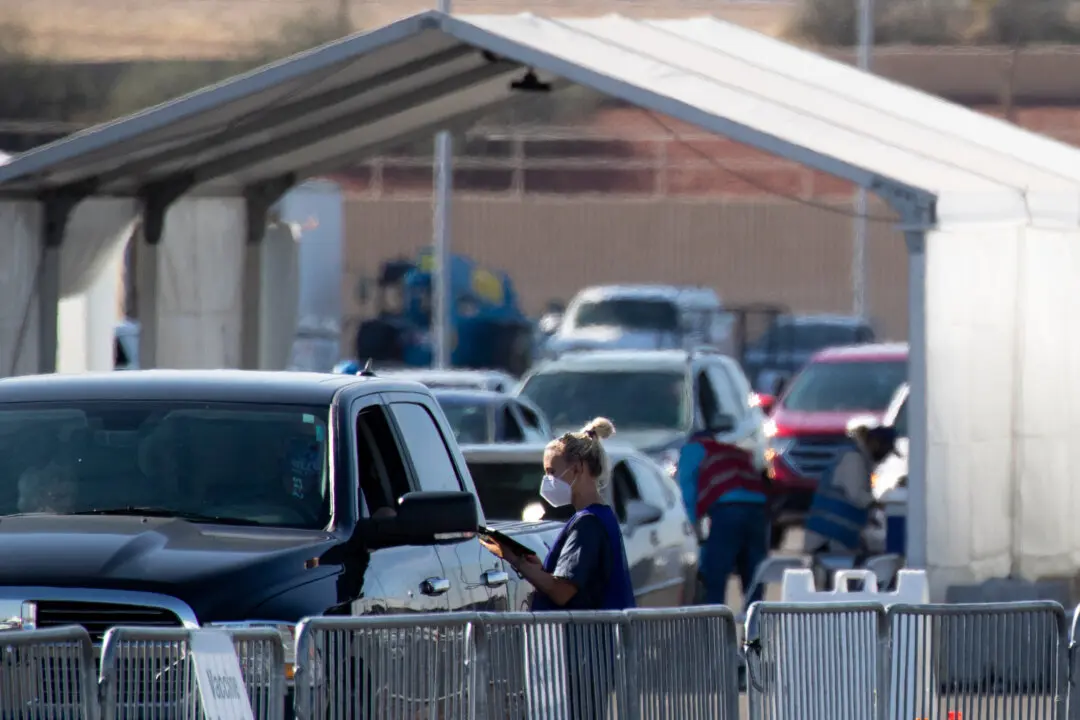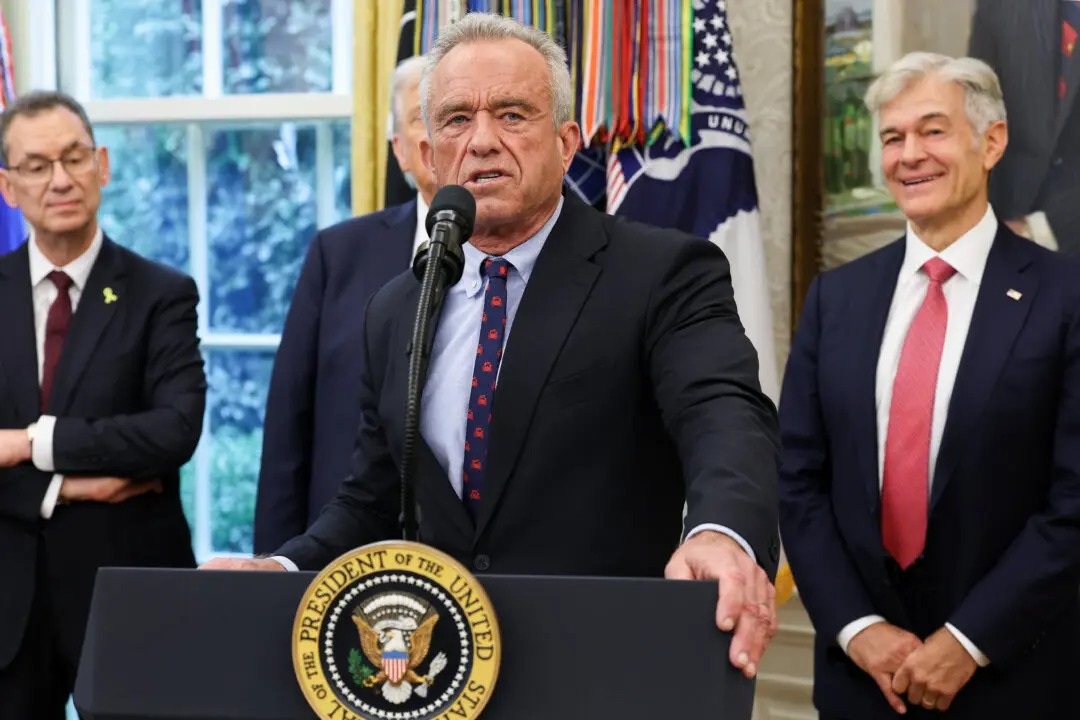The United States withdrawal from Afghanistan should have been delayed to take advantage of the harsh winter in the country, a former U.S. Special Forces flight surgeon told The Epoch Times.
Lt. Col. Omar Hamada, M.D., also believes that the pullout should have been done incrementally, so things wouldn’t be as rushed as they are now.





